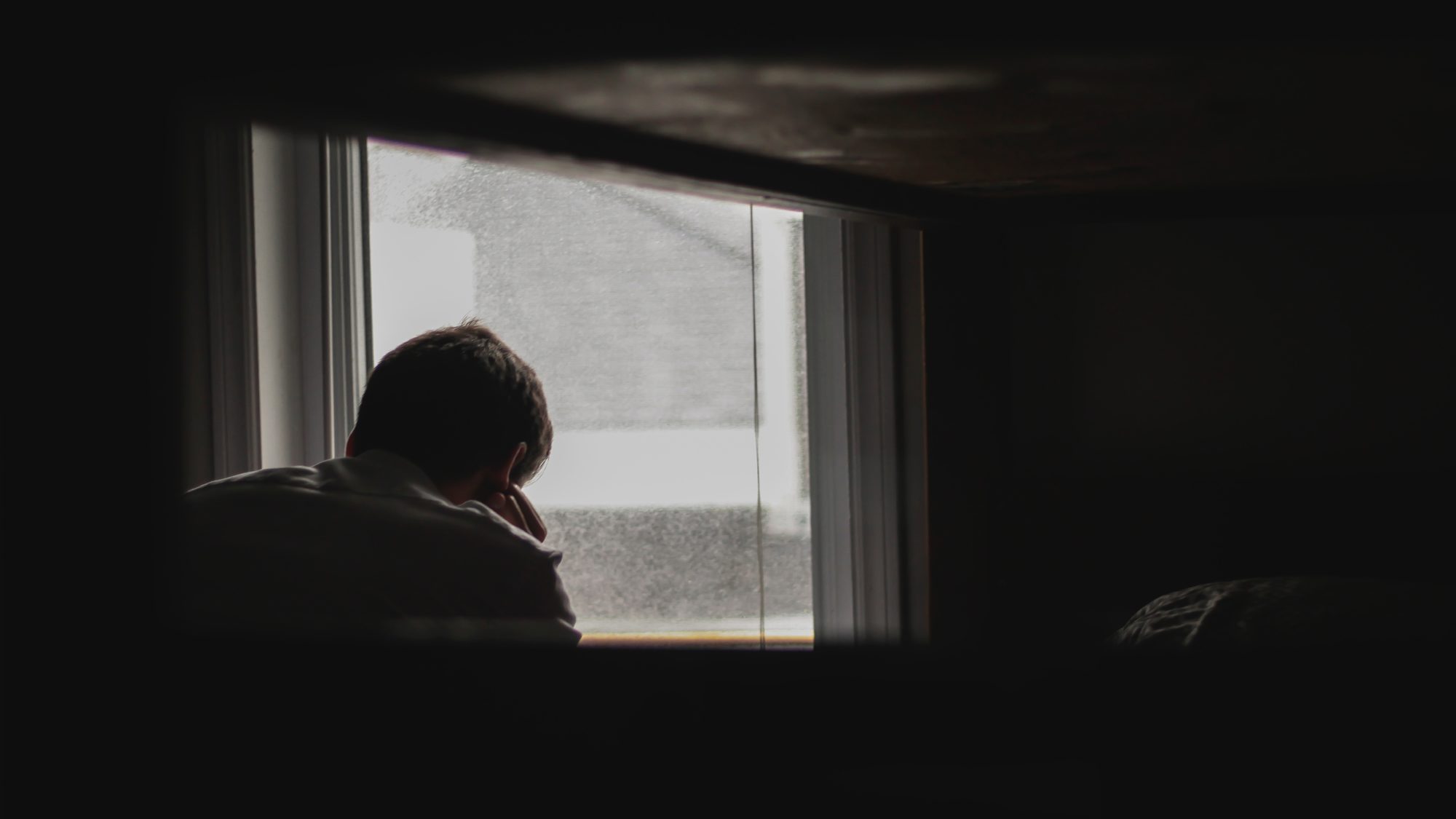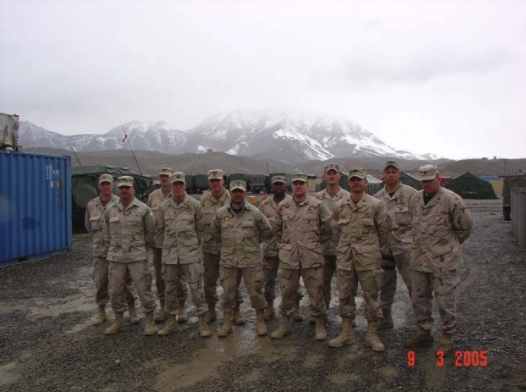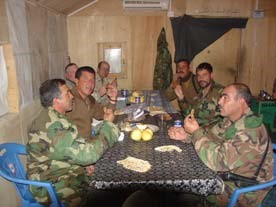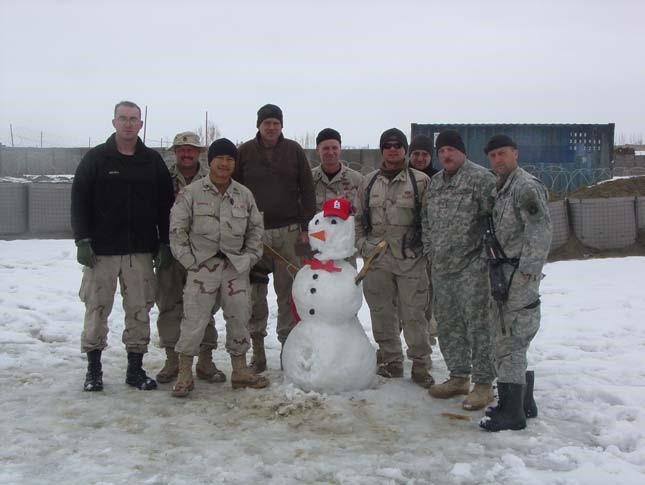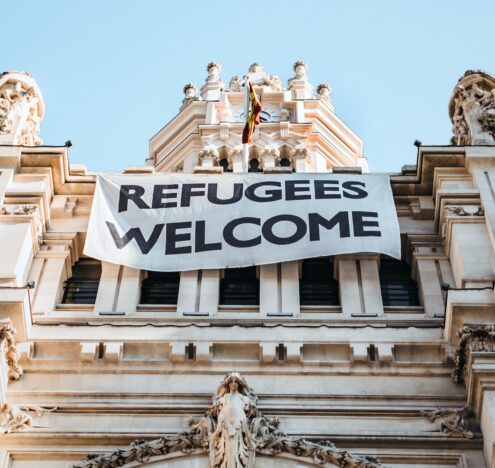Like many others, I felt that being in Afghanistan helped to protect my fellow Americans at home. Part of our being there was keeping the insurgents from working plans to harm our loved ones. We felt that we were taking each shot, rocket, mortar, and IED, instead of having them aimed at our families in the US. We believed that we were stopping a repeat of September 11.
My service began after a prolonged period of war, famine, and drought in Afghanistan. The Afghan people I met were gracious and grateful for all that we could do to help. During that period, I saw the threats to Afghan soldiers, interpreters, and their families. Soldiers of the Afghan National Army died supporting peace in their country. Interpreters, members of the United States military, and coalition militaries suffered losses as well. This was a difficult reality of my time in Afghanistan – and it is even more true today, especially following Thursday’s attack at the Kabul airport.
Those of us who have known the beauty and richness of Afghanistan’s culture, who have sacrificed time from family and friends so that Afghanistan could become a better and more stable place, are now left to process our feelings and seek to understand what cannot be explained in any way that makes sense to our experience.
Despite the challenges, I know that our time in Afghanistan made a difference. We provided resources to drill wells, improved roads and bridges. We built schools and hospitals, and provided infrastructure to improve the lives and security of the Afghan people. This began when we started in Kabul and were primarily tasked with helping to improve Afghan National Army posts. We did even more as we pushed out into Packtia and Packtika Provinces, working with the Afghan National Army to foster peace and stability. We provided guidance to Afghan leaders as they worked to remove challenges to the peace process, supported an election, and helped our Afghan allies to develop relationships with surrounding villages.
In my service as a Chaplain over the past 11 years, I have heard soldiers’ stories and seen what they have done to contribute to the creation of a better Afghanistan. These soldiers have played a role in bettering the Afghan army and police, they have contributed to repairing the effects of war stretching back to the conflict with the Soviets. The Afghan security forces we worked with learned to operate on their own while being sustained by the United States and our allies, providing some measure of safety and stability. As a result, education and opportunities were improved for the lives of Afghans. It was not until our support was withdrawn that the current situation developed. Those who served in Afghanistan have made a difference and helped to create a window of peace and stability in a region that is historically turbulent. If we could have stayed, even for another fifty years, it may have been possible to make an enduring difference there.
Afghanistan has been a nation affected by the storms of war and conflict. In conflict, all that supports life is disrupted. The withdrawal of support is akin to not sending any assets to repair the pipes when the water main breaks, not sending anyone to untangle the power lines after a hurricane, or not sending firefighters to extinguish a fire. Without support, all of the realities of an apocalyptic, dystopian future become possible. A dystopia for the here and now — not a story from a book or a movie, but a reality for those living under the Taliban in Afghanistan now.
At the moment, there is no help for the citizens of Afghanistan and for those who worked to support efforts to make change. Those who supported the Afghan Government and Coalition forces are, in fact, in increased danger. The Afghan people have been left in the aftermath of a storm with no one to help clean up. Those of us who have known the beauty and richness of Afghanistan’s culture, who have sacrificed time from family and friends so that Afghanistan could become a better and more stable place, are now left to process our feelings and seek to understand what cannot be explained in any way that makes sense to our experience.
If you have a veteran in your circles, these events may be causing them to pause and reflect on those they served with and the Afghan people they came to know and supported. They may be stuck with the memories of those who did not return, whose sacrifice saved their life or the lives of others, whose death is a pain that aches even as time has passed. They may not feel free to speak about their thoughts, to be able to fully communicate or articulate their feelings to those who have not tasted the same dust or shared the same experiences. If you receive an invitation to listen, honor that invitation, and create a space where they can share. Listen to the memories they are carrying about who they served with, who died while they were there, and the Afghans they connected with during their service. Let them know you are there to listen, even if you disagree politically. It is hard to share when you feel that you are being judged.
Those in the military do not choose the shores to which they are sent or the conflicts where they fight. That comes from the direction of our elected officials. You may feel moved to write to those serving in Congress. They need to know how we feel about this. They need to know what is needed to support the veterans who have served. Ask them what can be done to facilitate the evacuation and help of those who supported us while we sustained in our mission there. This is a time to hear what is in the hearts of those who served and sacrificed in Afghanistan. We must advocate for our Gold Star Families, our Brothers and Sisters in Arms, and the Afghan people.
The photographs embedded in this essay were taken by the author during his time in Afghanistan.














